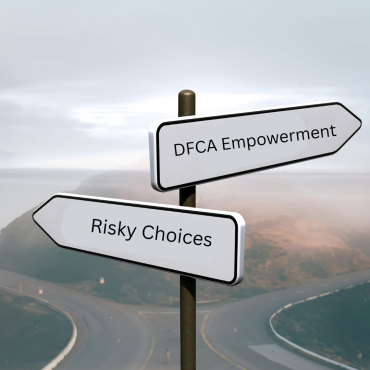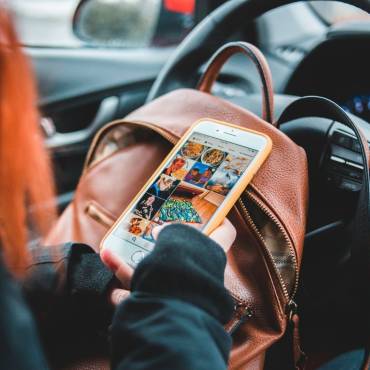A Guide to Prescription Drug Use and its Risks to Youth
Prescription medications can be dangerous if misused. According to the National Institute on Drug Abuse (NIDA), there were more than 2 million ER visits related to non-medical use of prescription drugs in 2017. As parents and caregivers, it’s vital that we take steps to keep our kids safe by talking about prescription drug use now rather than waiting until they’re older and at a higher risk for addiction or overdose death. Here are some tips:
Talk to your children about prescription drug use.
While prescription drugs can be very beneficial and life-saving, it also comes with risks. These drugs have the potential to be misused and lead to addiction.
Talk to your teens on why they must follow the written instructions on a prescription and the dangers of using the prescription not as intended. Be sure to discuss:
- The risks of prescription drug misuse
- Addiction risks for the medications they are using
- The risks of overdosing on medication
- How a prescription medication is prescribed specifically for them
Store prescription drugs out of sight and reach of kids.
- Store prescription drugs in a secure place. Keep them out of reach of children and other family members who may be tempted to use them.
- Never store prescription medications in highly accessible areas.
Don’t ignore signs that may indicate misuse.
It is important to understand the symptoms of taking the prescription drugs so you can better identify if there are signs that indicate misuse. These signs may include changes in behavior, mood, and sleep patterns; an increase in physical activity or appetite; a drop in grades; and changes in appearance.
If you allow your teen to take their medication without supervision. You should keep track of how many pills your teen has left to see if they are taking medication as prescribed by their doctor. If you suspect that your child is misusing their prescription, seek help from a medical professional immediately.
Be prepared with an action plan before your child faces peer pressure to try prescription drugs.
If your child is at risk of being offered prescription drugs, there are some things you can do to help your teen resist the temptation.
First, talk to your child about prescription drug abuse and peer pressure by explaining what it is and how it happens. Next, discuss what options your teen has if someone offers them drugs. For example, you might want to say something like this: “If someone offers you a pill —tell them ‘No thanks’ or walk away if they are not listening.”
Finally, involve your teen in creating an action plan that will work best for them if they ever find themselves in this situation again. Perhaps you can establish a secret code word that can be easily texted if they need outside help.
Remember that you’re not alone in this—Drug Free Clubs of America is here to help you and your teen.
Drug Free Clubs of America is on a mission to reduce the impacts of drug use in youth. Across the nation, drug and alcohol use is on the rise among teens. We provide students with practical tools and techniques to navigate peer pressure and choose a healthy lifestyle. Partnering with schools and communities, we offer preventative programming to meet students where they are. Through randomized drug testing, educational resources, a positive outlet, and a supportive community, we are changing school cultures and reducing alcohol, marijuana, vaping, and other detrimental activities among our members and the entire school body. Drug Free Clubs of America has over 5,000 student and faculty/staff members and Clubs in over 50 schools in Ohio, Kentucky, and West Virginia.




Add Comment